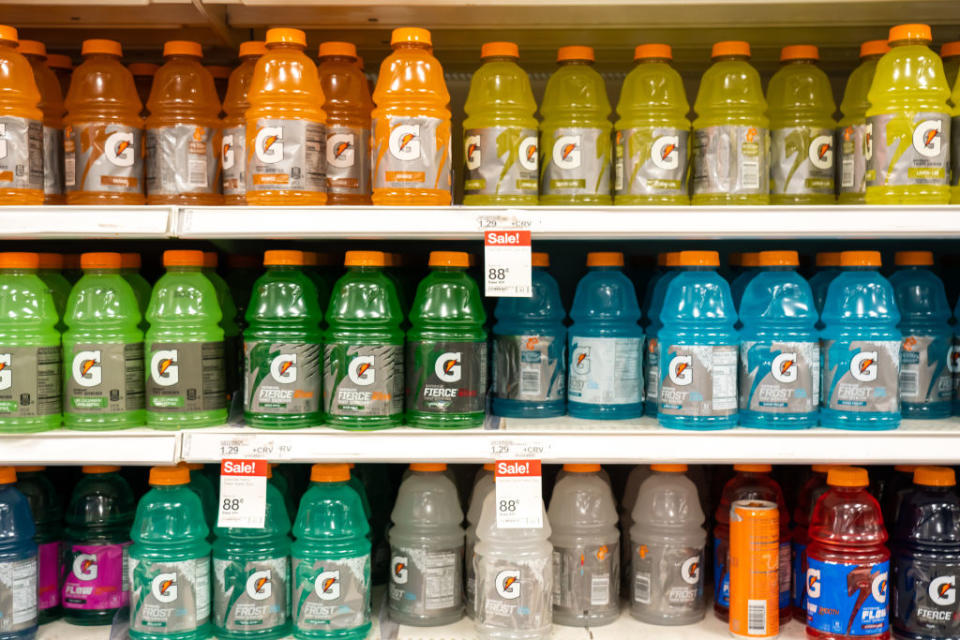An Indiana Mom Drank Four Water Bottles In 20 Minutes And Died. Water Intoxication Is A Real Thing That Can Happen — Here's What You Should Know
Recently, an Indiana-based mom of three died after consuming too much water. Her brother — who is spreading awareness about the issue — told Inside Edition that she drank four 16-ounce bottles of water in about 20 minutes and began feeling sick and dizzy. Shortly after that, she passed out and never regained consciousness.
So, to get more information about water intoxication and how to prevent it, BuzzFeed spoke to board certified emergency physician Joe Whittington, MD, who has been practicing for 16 years.

Dr. Whittington — who goes by Dr. Joe on social media — confirmed that water intoxication is a potentially fatal condition that occurs when someone consumes an excessive amount of water in a short period of time.
@drjoe_md Yes you can drink too much water. #lowsodium #waterintoxication #doctor #medical
♬ original sound - Dr. Joe, M.D. 🩺
"Drinking too much water can lead to a severe electrolyte imbalance, particularly low levels of sodium, known as hyponatremia. Sodium is vital for cellular function, and its imbalance can result in symptoms ranging from nausea and headache to seizures, coma, and even death," he explained.
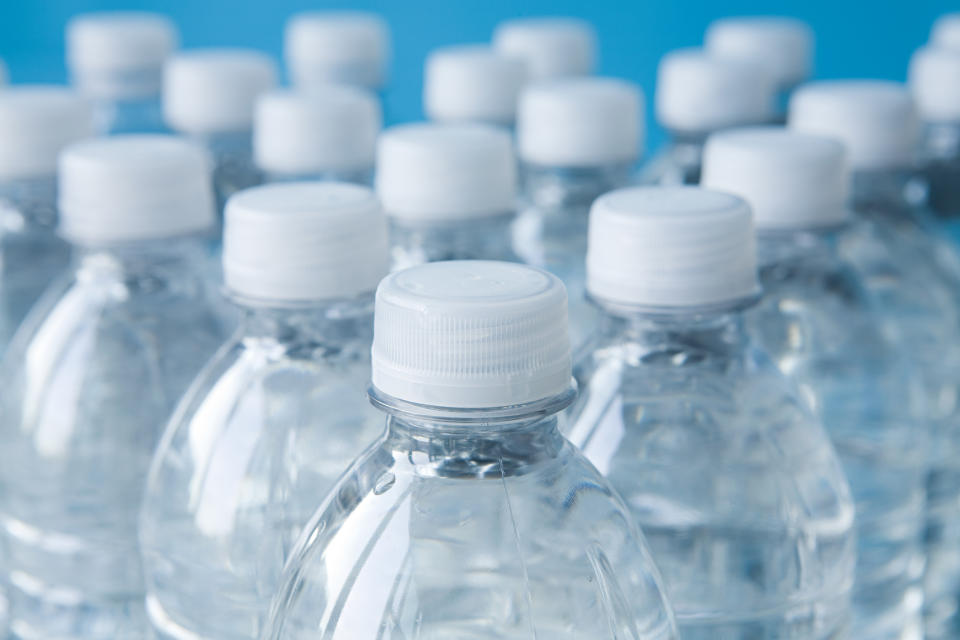
Water intoxication is rare but not unheard of, according to Dr. Joe. "It's more commonly seen in scenarios like endurance sports, fraternity hazing, or 'water drinking contests.'" In fact, in 2007, a 28-year-old woman named Jennifer Strange died during a water-drinking contest at a radio station in Sacramento, California.
And several people online are sharing their own personal close calls with water intoxication:


Dr. Joe said that it's not just the amount of water consumed but the rate at which it's consumed that matters. "Our kidneys have a maximum excretion capacity; exceeding this can lead to water intoxication, even if the total amount of water consumed over a day doesn't seem excessive."
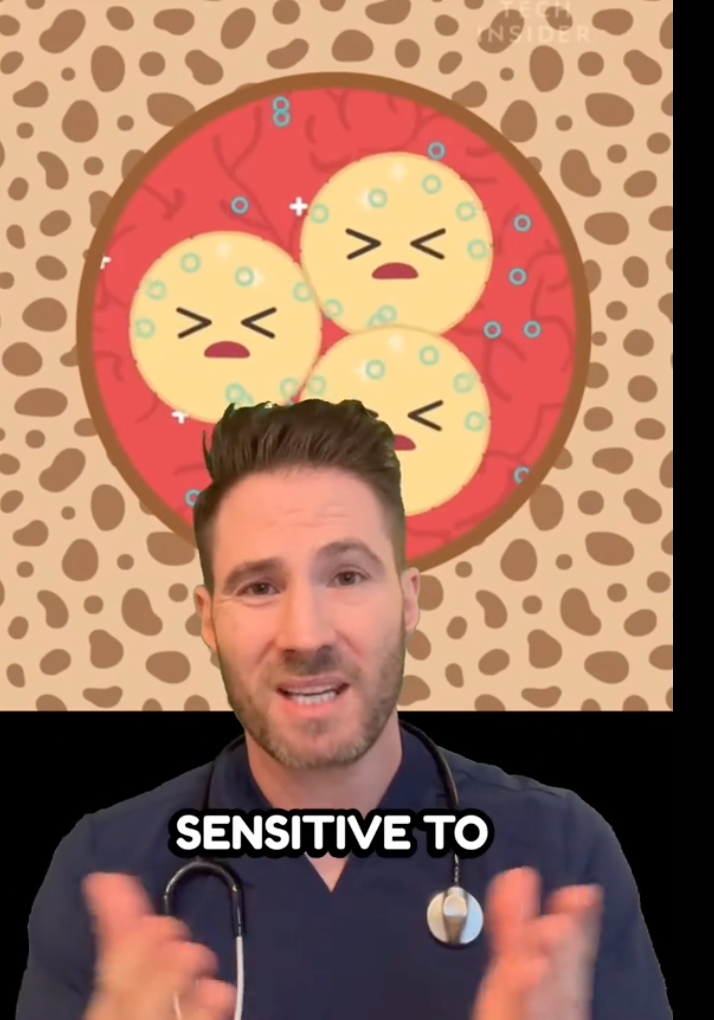
He further discusses this on TikTok, stating, "Understand that your body likes to keep things in balance. So, when you drink a bunch of water, it has to balance out the concentration of sodium inside and outside of your cells. The water you drink rushes into the cells, causing them to swell. When they swell, your tissues swell. What's most sensitive to the swelling? Your brain because it's closed by a fixed skull, so when your brain swells, it gets pinched by the skull, causing symptoms."
And a person could know if they might be experiencing water intoxication if they develop symptoms of nausea, vomiting, headaches, and confusion after consumption. Dr. Joe says these symptoms can increase to seizures, lethargy, fainting, and death if you do not seek medical attention right away. That being said, symptoms of water intoxication are not the same for everyone and can vary by individual.
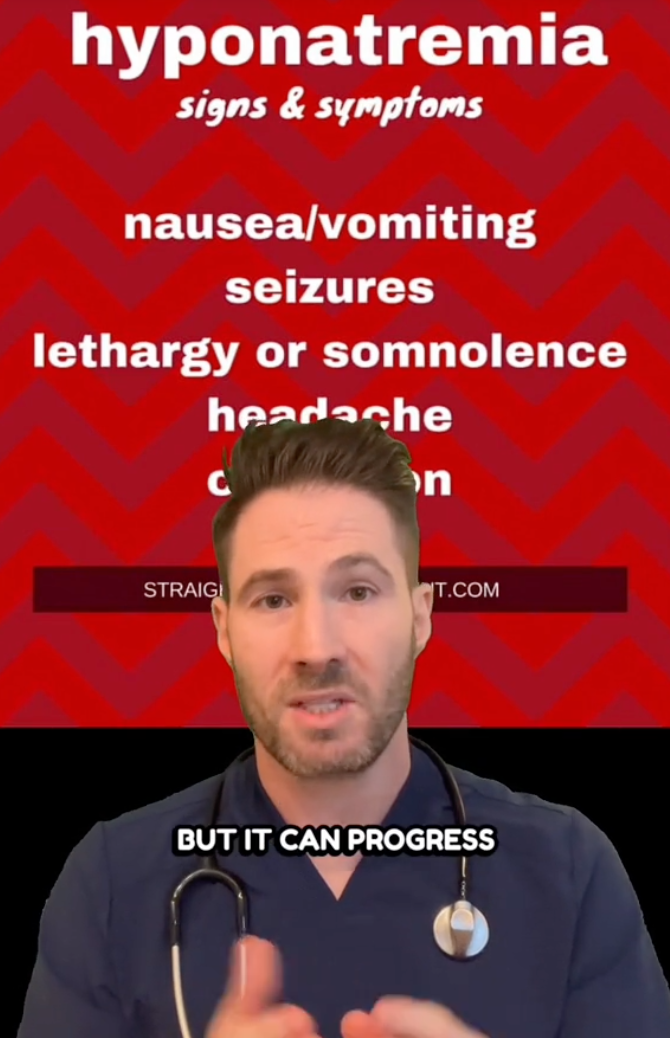
So, how do you know what amount of water is safe to consume? Dr. Joe said that body weight can play a role, but it mainly depends on kidney function. "Generally speaking, a larger individual may be able to tolerate a larger volume of water than a smaller one. However, the rate at which the kidneys can filter out excess water remains fairly constant across different body sizes — around 0.8 to 1.0 liters per hour. So, consuming about 1.5 liters in under an hour is a risky threshold for adults."
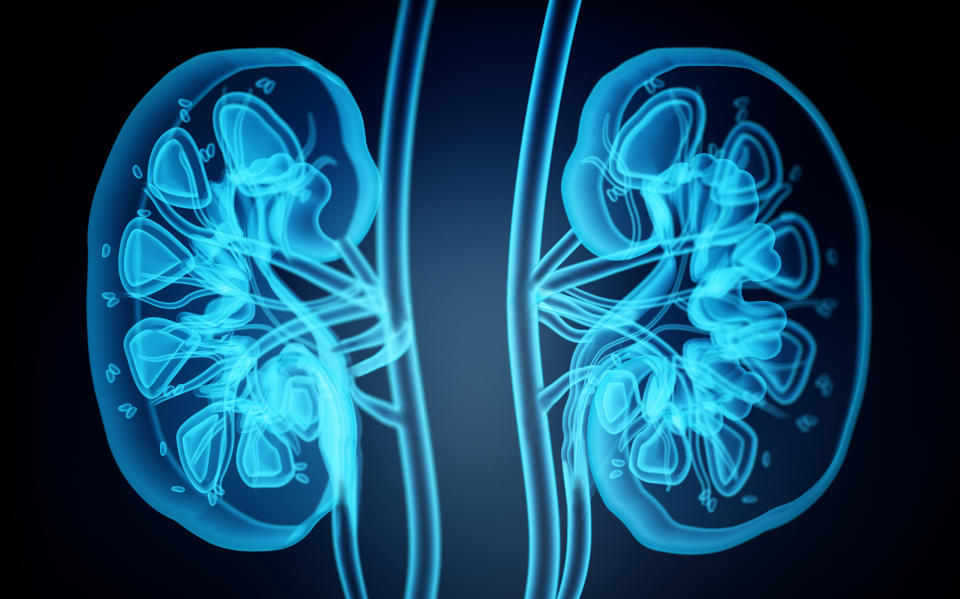
He added that individual factors such as age, activity level, climate, and overall health play a significant role in how much water you need and how susceptible you might be to conditions like water intoxication or dehydration.
"While guidelines provide a general framework, they aren't universally applicable to every individual in every situation. For example, athletes who are involved in high-endurance activities might need to pay closer attention to their hydration and electrolyte levels, just as older adults or individuals taking certain medications might need to be more cautious with water intake."
When it comes to kids, however, it's trickier. "There's no 'one-size-fits-all' amount. Children should generally follow a guideline of drinking water when thirsty and should not be forced to consume large quantities of water rapidly. That said, parents should consult their pediatrician for specific guidance based on age, activity level, and individual health conditions," Dr. Joe said.

And Dr. Joe added that water intoxication can technically occur with any fluid that dilutes blood sodium levels, including sparkling water and soda. "The presence of sugar and electrolytes in soda may slightly slow the dilution of sodium, but the risk still exists. Sparkling water, being mostly just water with carbonation, presents a similar risk to regular water for inducing water intoxication if consumed in excess within a short period."
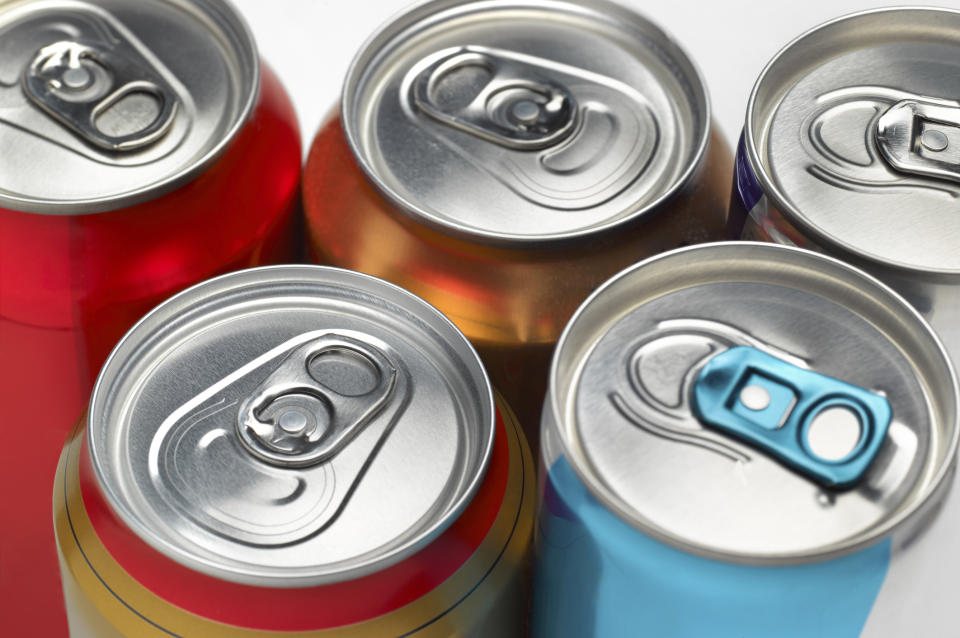
So, he suggests drinking in small, frequent sips instead of chugging large quantities at once. "This allows your kidneys time to properly filter the fluid and your body to restore its sodium balance more effectively. Foods with high water content like fruits and vegetables can also be good options for rehydration," he added.
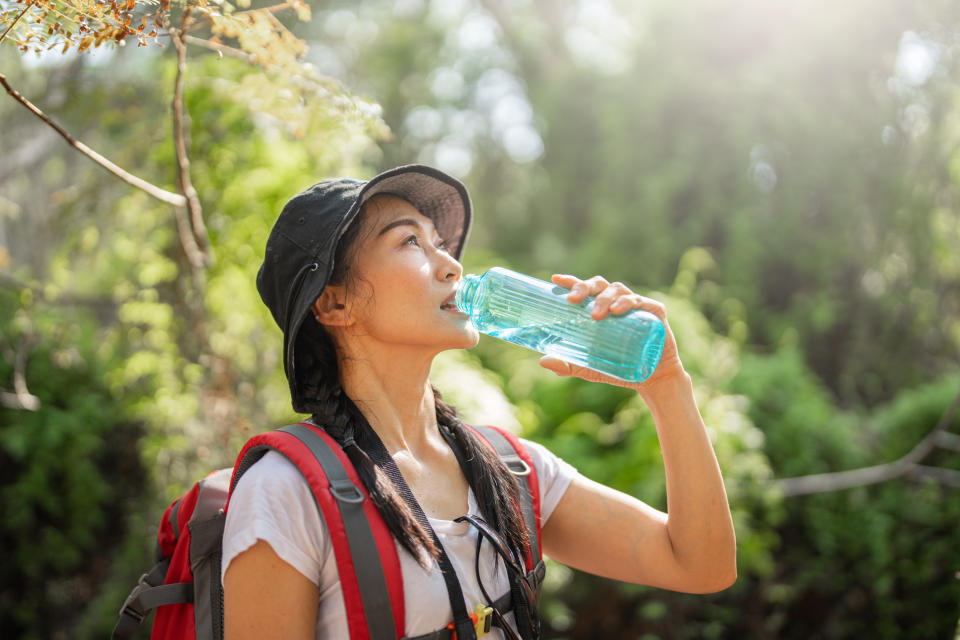
Dr. Joe said if you're in a situation where you feel severely dehydrated, it's important to listen to your body. If you experience symptoms of extreme thirst, dry mouth, very dark urine, or dizziness, he suggested seeking medical attention right away.
Lastly, while water is a top choice for hydration, Dr. Joe emphasized that it is not the only drink to hydrate you. He shared that electrolyte drinks, coconut water, and even foods with high water content can also be beneficial in hydrating our bodies — just be mindful of how fast you are consuming them.
